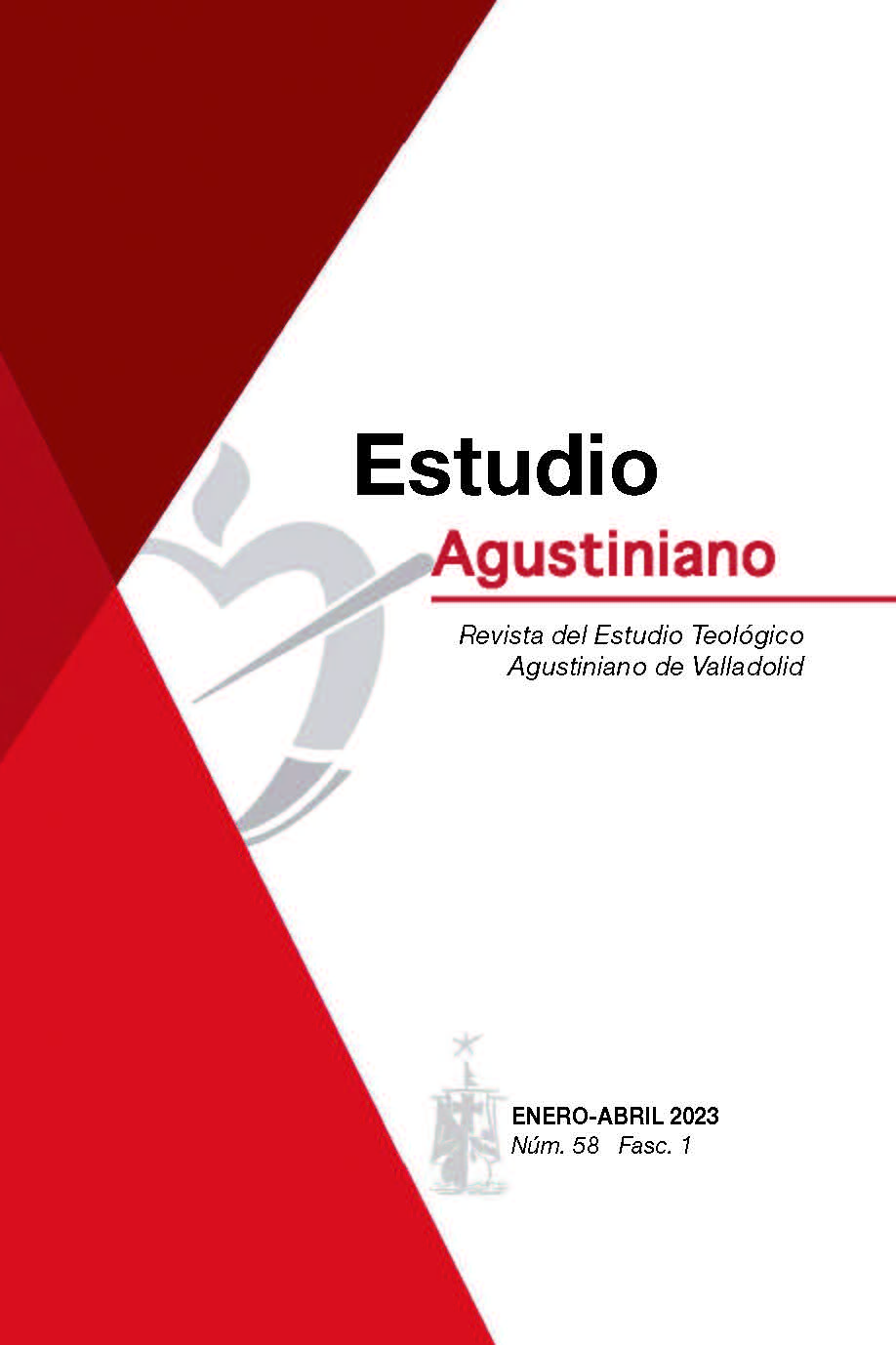La ruptura entre el orden inmanente y el orden trascendente según Charles Taylor. Propuestas para un tiempo de síntesis en clave hegeliana
DOI:
https://doi.org/10.53111/ea.v58i1.1101Keywords:
Charles TaylorCharles Taylor, secularization, immanent frame, transcendent frame, deism, Naturalism, utilitarianism, modernism, realismo, natural order, responsible reason, sensibility, thought, Geist, Hegel, philosophical self-awareness., Charles Taylor, secularization, immanent frame, transcendent frame, deism, Naturalism, utilitarianism, modernism, realism, natural order, responsible reason, sensibility, thought, Geist, Hegel, philosophical self-awarenessAbstract
For Charles Taylor, the great invention of the West is the establishment of an immanent order in nature. An immanent order that implied denying any form of connection between the things of nature and the supernatural by another, whether understood as a transcendent God, or the world of spirits or magical forces. Even defining religion in terms of the distinction between immanent and transcendent is a division tailored to our modern culture and one that for our Canadian hermeneutic such a distinction has become foundational. What's more, for the first time in the modern West, starting with post-Galilean science, the immanent order becomes the background of all our thinking.
A double movement towards immanence is produced from responsible reason and the natural order that leads to the establishment of a new moral order of Modernity: a world as containment of instincts and a personalization of the self through the psyche, interiority rational and disciplined self-control. Everything is reduced to a chained succession of autonomous causalities, in which there is hardly any room left for questions of a transcendental nature.
Faced with the epistemology of Cartesian and dualist mediation that ends in naturalistic scientism and against the imperial claims of omnimodal mechanism and omnipresent technology, Taylor's philosophical project is a project that seeks to reconstruct modern identity from a vision totalizing in a Hegelian key, universal in scope. Taylor tries to bring order and discover transparency in the midst of exclusionary confusion and negativity. The ascent towards a higher moral order is possible from the opening to horizons of meaning and the empowerment of dialogue.
Downloads
Published
Issue
Section
License
Copyright (c) 2023 Francisco Javier Martínez Pérez

This work is licensed under a Creative Commons Attribution-NonCommercial-NoDerivatives 4.0 International License.




